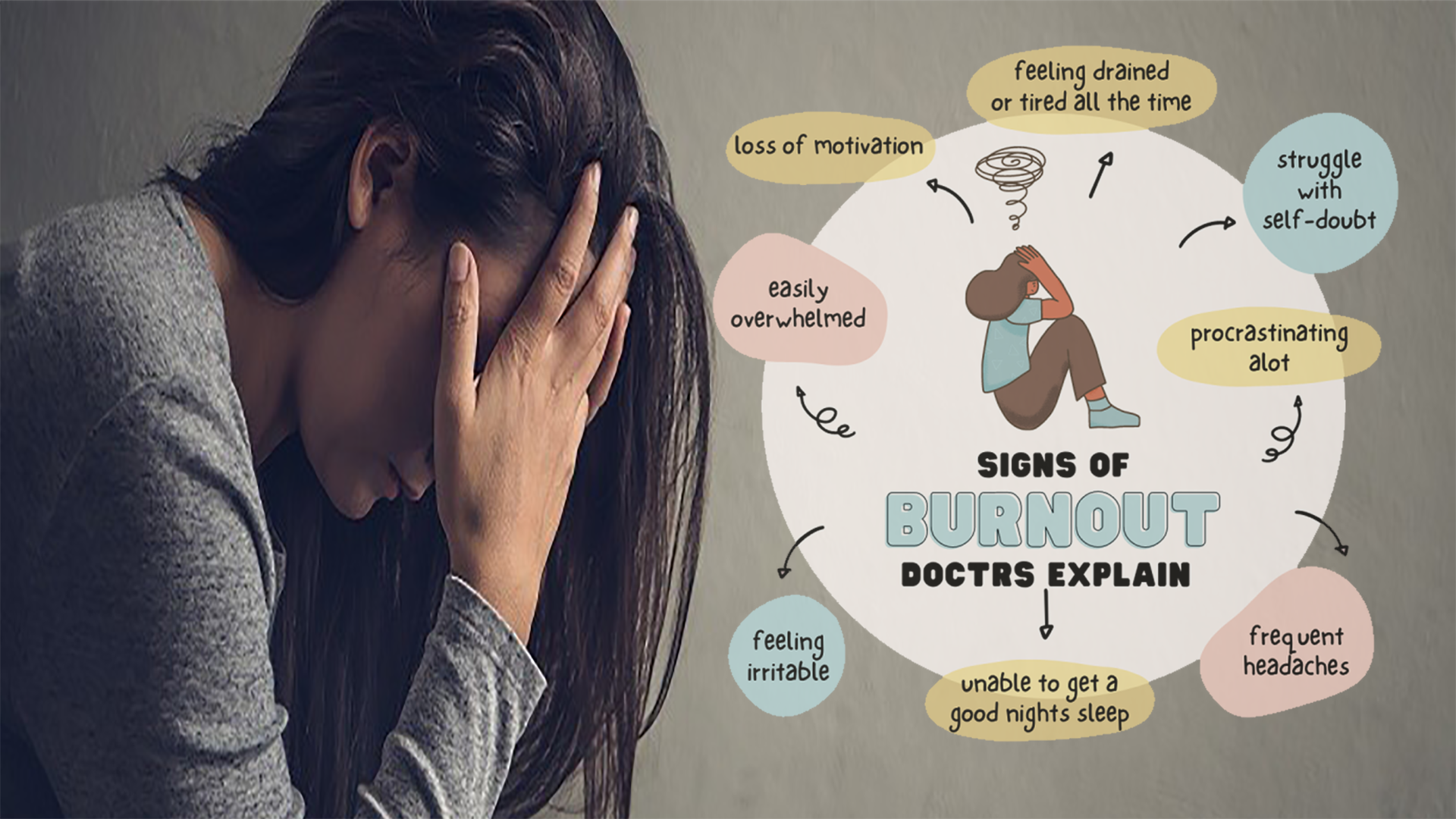Understanding Burnout: Reasons, Signs, and Effect on Health
Burnout is a condition of passionate, biological, and mental exhaustion induced by undeserved and protracted pressure. It happens when you feel dazed, emotionally exhausted, and incapable of encountering ongoing needs. As the pressure persists, you start to yield the curiosity and inspiration that guided you to bear on a part in the first class.
Burnout decreases productivity and drains power, leaving you discerning increasingly vulnerable, desperate, despairing, and bitter. Finally, you may feel like you have nobody more to offer.
The impact of burnout dribbles into every side of life. It is your house, position, and social life. Burnout can even compel long-term modifications to your body that cause you weak against infections like chills and flu. Because of its many effects, it is necessary to negotiate with burnout.
Comprehending the Link Between Anxiety and Burnout
Many individuals undergo both anxiety and burnout processes between the two. Why do individuals cycle via burnout and anxiety? It imputes to the reasons for both issues. As examined above, burnout arises from tension and exhaustion. It presents another inquiry: what compels that anxiety and exhaustion?
Well, cortisol, the tension hormone, can improve with stress. High cortisol levels can also generate dread. With the bidirectional character, we can politely suspect that pressure can both come from and generate anxiety. It would make feeling that an individual oscillates between stress, burnout, and both at once. To respond to the initial inquiry, it appears that stress can usher to immediate burnout and vice versa.
There is a straightforward relationship between anxiety and burnout. One can drive the other, which forces the other. It begins a malicious process in which you are frequently overstressed, tense, unmotivated, and laboring to handle your views. There is a solution to this cycle if you are suffering from this.
Comprehending Mental Exhaustion: Reasons and Signs
Mental exhaustion is a sensation of excessive fatigue, described by other emotions that contain indifference, cynicism, and crankiness. You may be mentally tired if you have just experienced long-term anxiety, find it difficult to concentrate on homework, or lack curiosity in exercises you usually want.
Mental exhaustion usually occurs due to an outcome of overuse, like biological overuse damages. For instance, think of redundant strain wounds, like carpal underpass or tennis elbow. Cognitive and vigorous exhaustion arrives from overstressing your mind rather than overstressing a muscle mass.
Methods to Combat Mental Fatigue and Increase Mental Clarity
It is feasible to freshen your mind and retrieve cognitive transparency, while mental exhaustion may seem overwhelming.
Taking Mental Health Breaks to Relieve Anxiety and Raise Productivity
Give yourself clearance to step before and accept that mental fitness recess. Operating non-stop or placing your concerns will only promote your fatigue. Whether it is a micro-break from your job, a short hike, a rest, or just closing off your cell for an hour—do something that mentally detaches you from your stressors.
Resetting Your Senses with Easy Reflection Exercises
When our senses are overworked and exhausted, it is the moment to rehearse some cognitive and dynamic self-care. Introspection can be a helpful method to calm the senses and provide it a much-needed recess from your everyday chores. It can be accomplished at the beginning of your day in practice, in the center of your daytime to allow you comfort and enhance your cognitive stress, or at the end of the day to assist your senses to chill. Even a quick, easy daily reflection exercise can create a planet of distinction in your status of mental exhaustion.
When you need to reset and refresh, try this recommended approach that will allow you to Reset with the Breath.

The Significance of Quality Sleep for Cognitive and Physical Health
A shortage of good-quality rest can usher to biological and mental exhaustion. Aspire for at least 7–8 hours of rest each night to provide your senses the furlough they merit. Disrupted rest habits can disorder your internal clock and donate to cognitive fatigue, so adhere to a standard program.
Try dropping in with a relaxing Sleep Narrative like A Walk in the Connecticut Woods, and you will hover off in no moment.
Increase Your Fitness with Habitual Biological Sports and Mindfulness
Biological movement has the dual advantage of enhancing bodily and cognitive fitness. Even only 20–30 minutes of reasonable activity can increase your spirit and provide you with a quantity of energy.
You can also include promoting mindfulness in your activity through the Daily Move with Mel Mah.
Integrating Self-Care into Your Daily Routine for Mental Well-Being
It is necessary to add self-care into your everyday practice to sustain your mental well-being. These junctures of deliberate self-care can relieve mental stress — and you do not have to engrave out a whole day to reap the dividends. Whether it is a sizzling bath, reading a textbook, or even grabbing a few points to subsist extremely, taking a moment for yourself can do marvels for your cognitive condition and restore you when you are void mentally.
If you are not in the practice of managing for yourself, check out our Radical Self-Care sequence to understand how to create yourself an emphasis.
